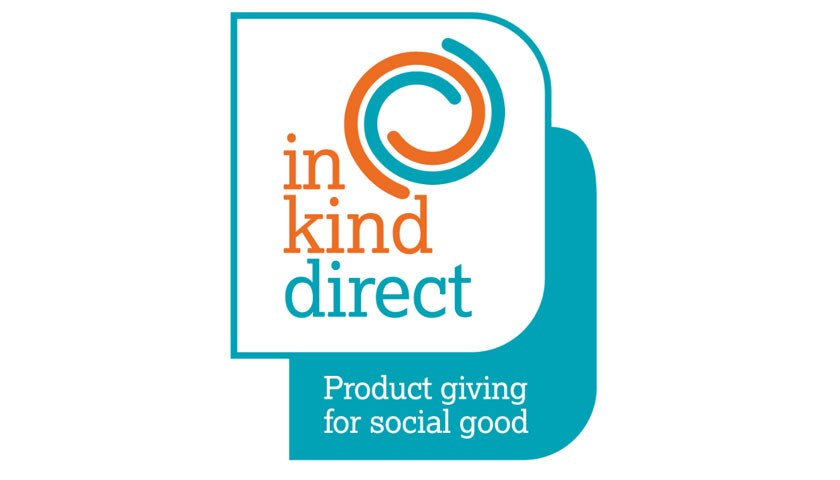Latest data from charity In Kind Direct has revealed that 1 in 4 UK households with children are living in hygiene poverty, that’s 2.2m families who are facing impossible decisions to eat, heat or keep clean everyday.
It’s our shared mission to ensure families can access the products they need to keep clean and well. That’s why In Kind Direct are continuing to grow the campaign with longstanding partners Tesco, Unilever, Essity, Haleon, Kimberly Clark, Edgewell and P&G to support more families who are having to go without.
The impact of hygiene poverty for families is huge, with children’s wellbeing and experience at school being negatively affected. Of households with children who are going without, over 1 in 10 parents report their child being more anxious and avoiding socialising* with their friends as a result.
The expansive supplier group involved in this initiative allows a breadth of products to be donated to people that are unable to access basic hygiene essentials like shower gel, toilet paper, toothpaste, laundry detergent, razors, period products and nappies.
From 15th February to 1st April – all six manufacturers will donate one product to In Kind Direct for every two selected products purchased in-store or online by Tesco shoppers. In Kind Direct will then distribute the donated products to their network of over 6,000 charitable organisations that are the frontline support for local communities and reach over 500,000 people every week.
Since the partnership began, the campaign has delivered remarkable results, with over 3 million essential products donated to In Kind Direct. This has enabled them to support more than 4,000 charitable organisations, helping families across the UK who are experiencing hygiene poverty.
This in-store activation will run across 1,300 Tesco stores nationwide. The displays will feature In Kind Direct’s distinctive teal and orange branding on gondola ends, alongside localised instore radio announcements. Showcasing participating products while educating shoppers about hygiene poverty through impactful statistics. Digital advertising will support the in-store campaign, engaging both physical and online shoppers.
Marc Greene, Commercial Director at In Kind Direct said: “Every day, 2.2 million families across the UK face impossible choices between eating, heating and keeping clean. This ground breaking partnership involving retailers, manufacturers and shoppers marks a vital step in tackling hygiene poverty head-on, enabling us to reach more communities than ever before, so more people can keep clean.”
Chris Barron, General Manager Personal Care UK&I, Unilever, said: “As we enter the next phase of this partnership, the latest figures from In Kind Direct show that it’s more crucial than ever that we work together to support families in the UK who are living in hygiene poverty. To date, we have donated well over 2 million hygiene products, and with this new phase, we expect to hit the 3 million mark by summer 2025. Our expanded partnership and comprehensive marketing campaign will ensure we continue to make a significant impact, so that we can support those who are most vulnerable by providing the hygiene products they need.”
Tom Lye, Category Director Health, Beauty and Wellness at Tesco said: “We’re really thrilled to be able to support this incredibly important campaign again. We recognise the importance of challenging the stigma of hygiene poverty, and we are pleased to be able to work with In Kind Direct and our suppliers to support more people in our communities to get the essential items they need.”
Kate Prince, Senior Public Affairs Manager for the UK and Republic of Ireland at Essity said: “In 2024, Essity donated a record 5.5million essential hygiene and health products to over 3,300 UK charitable organisations in In Kind Direct’s network. Our toilet roll donations supported more than 62,000 families and our period product donations enabled 64,000 periods in dignity. Sadly the need is growing, which underlines the importance of collaborations like this to increase the accessibility and availability of everyday essential products for those who are most in need in the communities where we live and work.”
